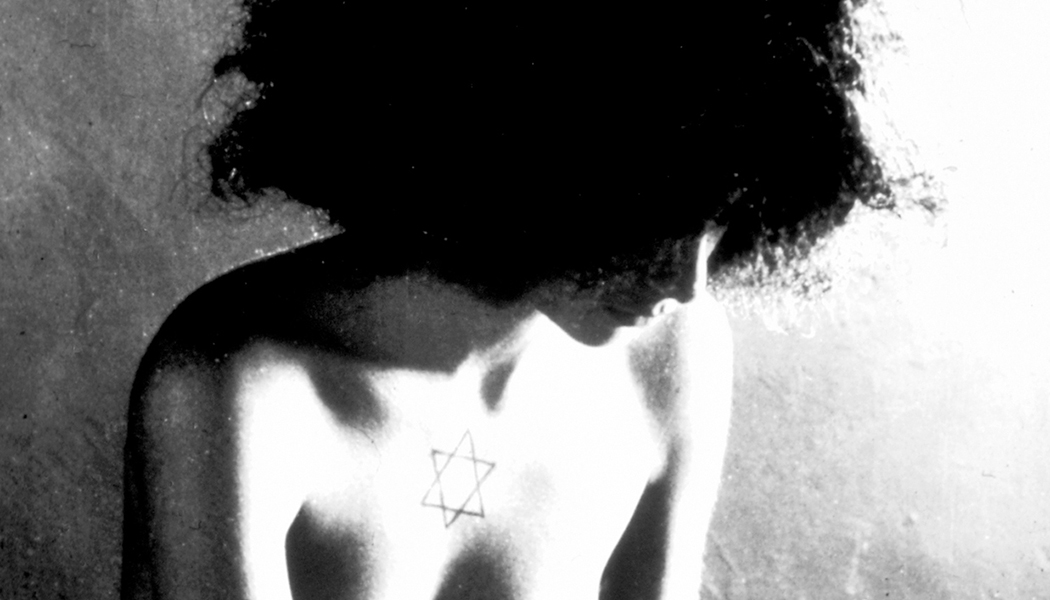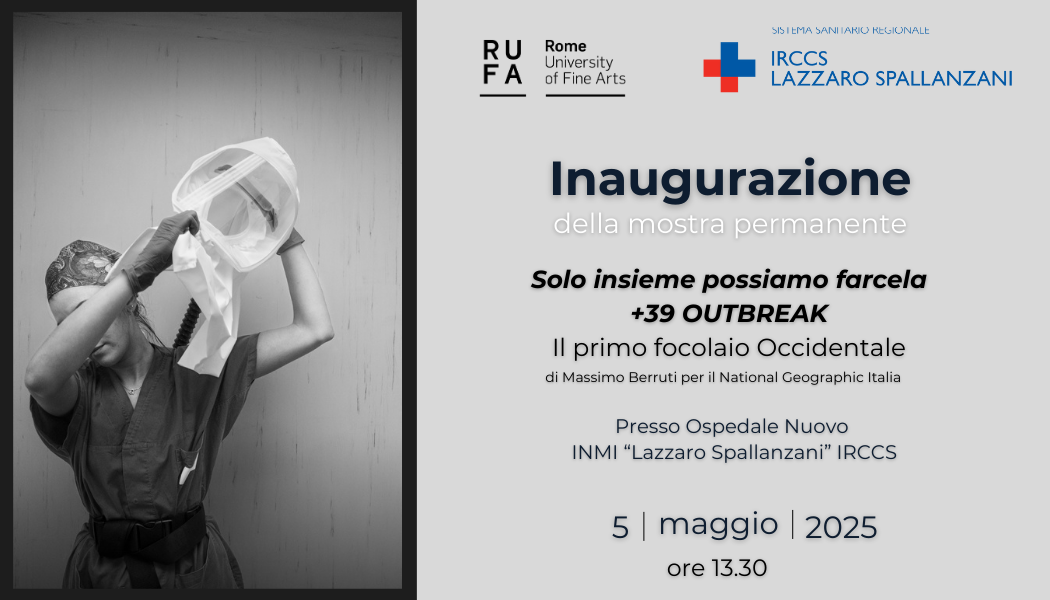Fabio Mauri (Rome, 1926-2009) is one of the masters of the Italian avant-garde after World War II. His first monochromes and Screens date back to 1957, but it was in the 1970s that he became an absolute protagonist of the national and international art scene, proposing works such as “Ebrea” (1971) and “Che cosa è il fascismo” (1971).
His works, between 1954 and 2015, participated in 7 different editions of the Venice Biennale, but also exhibited at the National Gallery of Modern and Contemporary Art in Rome, Klagenfurt, Lille, Milan, Naples and Buenos Aires. In 2015 the Hauser & Wirth Gallery, first in its historical location in New York and then in London, dedicates two very successful solo exhibitions to him, presenting him again in New York in 2018, in its headquarters.
In order to transmit his teachings, the “Studio Fabio Mauri Associazione per l’Arte L’Esperimento del Mondo” was established. The important body has called, for Tuesday, September 8th at 11 am, at its headquarters in Via Cardello 16/A in Rome, a casting to make in performance “EBREA”.
The role sought is that of a performer, woman, from 20 to 25 years, with a height between 1.60 and 1.75 meters. To attend the casting, please contact Studio Fabio Mauri at the number 06 68891634, with reference to Ivan Barlafante. The performance will take place on the occasion of the exhibition “Roster” (12 September/October 2020) which will be held at the New Galleries in Paris and will be staged according to a program that is being defined.
Ebrea and its performance, manifests itself in an unusual collection of object-sculptures introducing the ordinary signs of everyday life. Their titles, engraved on metal plates, express the serious nature of objects, simulating a human origin: teeth, skin, hair, Jewish bones.
“Work among works, protagonist of a sacred scene, a young girl cuts her hair, with which, on the mirror placed on a wall in front of her, she forms the symbol of the Star of David. The same symbol is drawn on her chest, the young girl is naked, next to a number, the symbol of racist discrimination. Ebrea has an explicit and radical ideological characterization, with a strong emphasis on the negative side, not only of Nazi Germany, but in different shades, of the entire European culture, which did not react with strength or immediacy, for historical reasons, still necessary analysis, enigmatic, almost accurately mysterious”.






